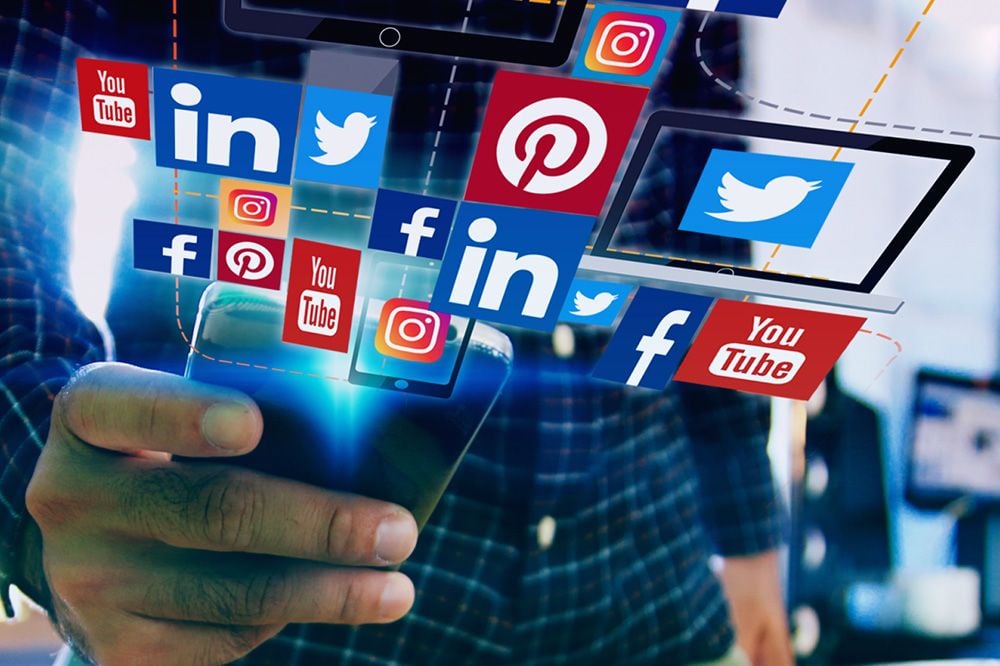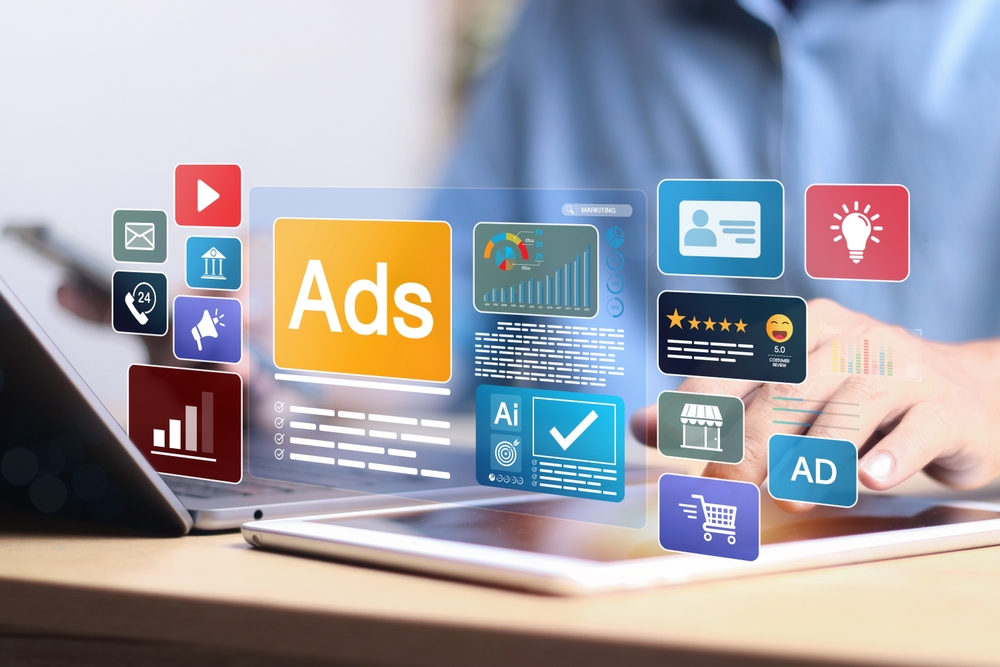In today’s fast-paced digital world, artificial intelligence (AI) is transforming industries across the globe, and digital marketing is no exception. Over the past few years, AI has become a crucial component of digital marketing strategies, revolutionizing how businesses engage with their audience and execute their campaigns. For digital marketing agencies, this evolution is both exciting and challenging, as they navigate the integration of AI into their service offerings, workflows, and client strategies.
In this blog post, we will explore how AI is affecting digital marketing agencies, the opportunities it creates, the challenges it presents, and the future trends to watch for.
Read this for more information: https://medium.com/@types24digital/how-ai-is-revolutionizing-digital-marketing-the-latest-trends-and-innovations-5c04b296dea0
Enhancing Customer Personalization
Personalization has always been a cornerstone of effective digital marketing. However, the ability to create truly personalized experiences for customers has been limited by data processing and manual efforts. With AI-powered tools, digital marketing agencies can now analyze vast amounts of data from multiple touchpoints—websites, social media platforms, emails, and more—and gain deep insights into customer behavior.
AI uses machine learning algorithms to process and analyze this data, allowing agencies to craft highly targeted marketing campaigns. For instance, AI can help create tailored content, personalized email campaigns, and dynamic advertisements that resonate with individual customers based on their interests, browsing history, and online activity. This results in better engagement, higher conversion rates, and improved customer loyalty, all of which are critical metrics for digital marketing success.
Automating Repetitive Tasks
One of the most significant benefits of AI for digital marketing agencies is its ability to automate repetitive tasks. In traditional marketing, teams of professionals would spend hours managing tasks such as data entry, social media posting, email campaigns, and even ad bidding. AI has significantly reduced the need for manual intervention, freeing up time for more strategic and creative efforts.
For example, AI-powered tools like chatbots can handle customer inquiries on websites or social media platforms, while automated email systems can send personalized messages at optimal times. Additionally, machine learning algorithms are being used to automate bidding on ads in real-time, ensuring that agencies can maximize ad spend efficiency. By offloading time-consuming tasks to AI, digital marketing agencies can operate more efficiently and allocate resources to high-value activities.
Improved Data Analytics and Reporting
Data-driven marketing has been a core strategy for digital marketing agencies for years. However, the sheer volume of data available today can be overwhelming and difficult to analyze manually. AI simplifies this process by providing more sophisticated data analysis tools.

AI can analyze massive datasets in real-time, identifying patterns and trends that might be missed by human analysts. This capability allows digital marketing agencies to make data-driven decisions faster and more accurately. AI-powered tools also enable the creation of more detailed reports, providing clients with in-depth insights into campaign performance, ROI, and areas for optimization.
In addition, AI can predict future trends and consumer behaviors based on historical data, giving digital marketing agencies a competitive edge in anticipating shifts in the market. This predictive capability is especially valuable for agencies looking to stay ahead of the curve and adjust strategies proactively.
Enhanced Content Creation and Optimization
Content is king in the world of digital marketing, but creating high-quality, engaging content consistently is a time-consuming and resource-intensive process. AI is helping agencies streamline content creation and optimization, making it easier to produce relevant and valuable content at scale.

AI-driven tools like natural language processing (NLP) and natural language generation (NLG) are being used to create written content, including blog posts, product descriptions, social media captions, and even emails. While these AI tools may not fully replace human creativity, they are increasingly capable of generating content that is coherent, contextually relevant, and optimized for SEO. This allows digital marketing agencies to scale content production without sacrificing quality.
Moreover, AI can assist with content optimization by analyzing search engine trends, identifying the most relevant keywords, and suggesting ways to improve content for better rankings. AI can also monitor how content performs across various platforms, making real-time adjustments to improve engagement.
Improved Ad Targeting and ROI
AI is also revolutionizing the way digital marketing agencies approach paid advertising. AI-driven algorithms can analyze large volumes of data, including user behavior, demographic information, location, and purchase history, to deliver hyper-targeted ads to the right audience at the right time.
The use of AI in advertising goes beyond traditional demographic targeting. With AI, digital marketing agencies can create predictive models to identify potential customers who are more likely to convert based on previous interactions with similar users. This enables agencies to fine-tune their ad campaigns and reduce ad spend waste, ultimately increasing ROI.
Additionally, AI can help optimize ad performance by continuously adjusting bids and targeting criteria in real-time based on performance data. This level of automation and precision ensures that ad campaigns are continuously refined for maximum effectiveness.
The Role of AI in Social Media Marketing
Social media is one of the most significant channels for digital marketing agencies, and AI is changing the way agencies approach social media marketing. From social listening to influencer marketing, AI is transforming how brands engage with their audience on platforms like Facebook, Instagram, Twitter, and LinkedIn.
AI-powered social listening tools can track conversations, identify emerging trends, and monitor brand sentiment, allowing agencies to stay informed about their audience’s needs and preferences. Additionally, AI can analyze the performance of social media posts and suggest adjustments to improve engagement, such as optimal posting times or content format.
Influencer marketing is another area where AI is making an impact. AI tools can help agencies identify the most relevant influencers for a brand by analyzing their audience, engagement rates, and overall impact. This ensures that influencer partnerships are more authentic and effective, leading to better campaign results.

Visit our website to know more about Digital Marketing : https://www.digiprime.mydt.in/best-digital-marketing-agency-in-pune/

